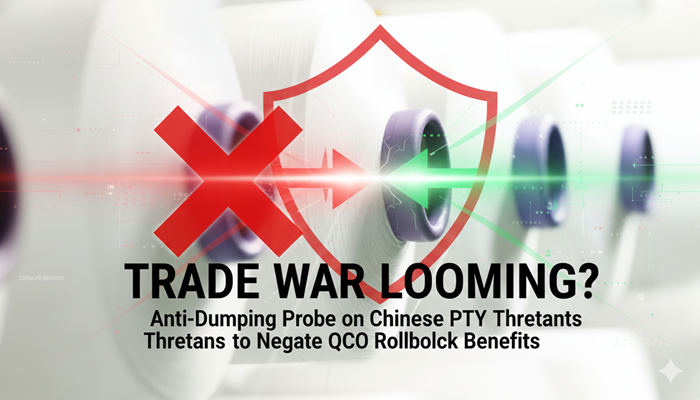Japan is the largest investor in Vietnam. Around 65.3 per cent of the 723 Japanese companies in Vietnam recorded high profits in 2018. Competitive human resources, economic and market growth, and a dynamic society are factors that make Vietnam an attractive destination for Japanese firms to develop their business in future. The market scale and growth are the greatest advantages of Vietnam’s investment environment. Other positive factors include low labor cost and political stability. Given China’s goal of moving away from low-end manufacturing, and the rising labor costs in China, this will likely see much of Japanese direct investments shift to countries like Vietnam, which boasts a relatively cheap and educated labor force alongside a large and growing working class population. China still accounts for 11.6 per cent of Japan’s total outbound FDI as compared to just 2.1 per cent for Vietnam.
Japan’s initiative to move its investments to the Mekong region nations will likely see Vietnam receiving a significant part of the funds, particularly if these investments are in lower-end manufacturing. Japanese investment in Vietnam’s non-manufacturing industries, such as retail, wholesale, IT, professional support and education, may increase, fuelled by the rising growth of Vietnam’s consumption market.
Vietnam receives heavy Japanese FDI
- 1
- 2
- 3
- 4
- 5
- 6
- 7
- 8
- 9
- 10
The New Core Competency: How sustainability and advanced fabrics are driving Ind…
The SportTech Pavilion at Techtextil India, hosted by Concepts N Strategies, concluded with a unanimous declaration: for India to successfully... Read more
New EU import rules set to raise prices for Shein and Temu, boosting European re…
Europe’s fashion and textile scenario is on the verge of its most consequential structural shift in over a decade. The... Read more
Global apparel trade rebalances in 2025 as Europe rises, Asia stumbles: Wazir Ad…
As the global apparel economy enters the final quarter of 2025, trade flows across major markets reveal a sector facing... Read more
Tariffs, turbulence and tenacity, India’s textile sector finds new strength
India’s textile and apparel export sector is showing a remarkable capacity to adapt and thrive in one of the most... Read more
Profit with Purpose: Inside the 35% margin boom in upcycled fashion wholesale
The secondhand wholesale sector, once seen as the back end of fashion, is now leading a quiet revolution, one that... Read more
Inside Lululemon’s toughest year, tariffs, trend misses, and the fight to reigni…
For over a decade, Lululemon Athletica embodied everything the premium athleisure revolution stood for technical mastery, community-driven branding, and an... Read more
India's ‘Technical Textile’ sector 'Important for the World,' says Techtextil Di…
India is emerging as a global powerhouse in technical textiles, a growth recognized by the organizers of the world's leading... Read more
Anti-Dumping probe on Chinese PTY threatens to negate QCO rollback benefits
Just days after the Indian government withdrew Quality Control Orders (QCOs) on Polyester Textured Yarn (PTY) and other textile inputs... Read more
India's new ‘Labour Codes’ weave global compliance into apparel exports
The full implementation of India's four consolidated Labour Codes (The Code on Wages, The Industrial Relations Code, The Code on... Read more
Cotton’s fragile comeback, how the US-China truce is redrawing global fiber map
When Presidents Donald Trump and Xi Jinping announced a fragile peace in Busan last week, most of the attention in... Read more












